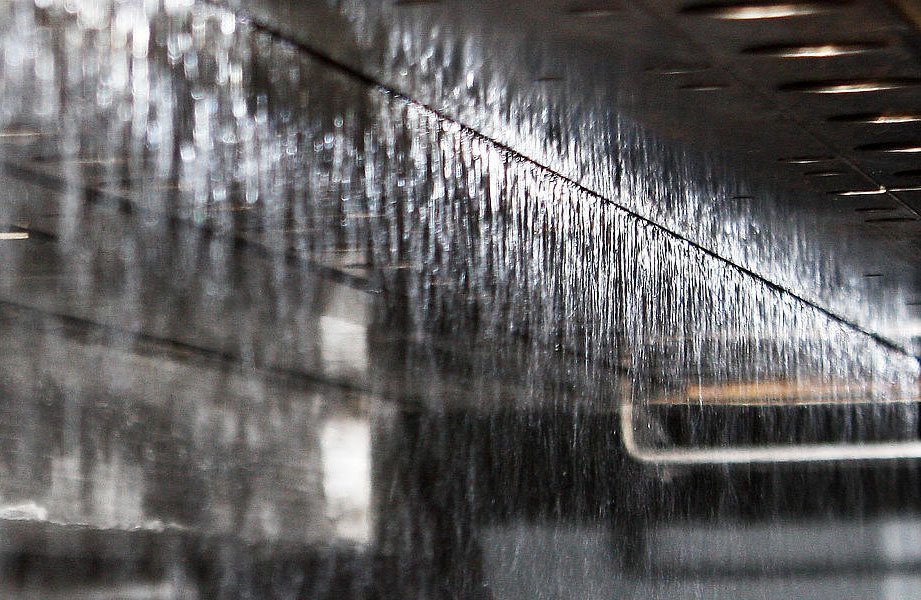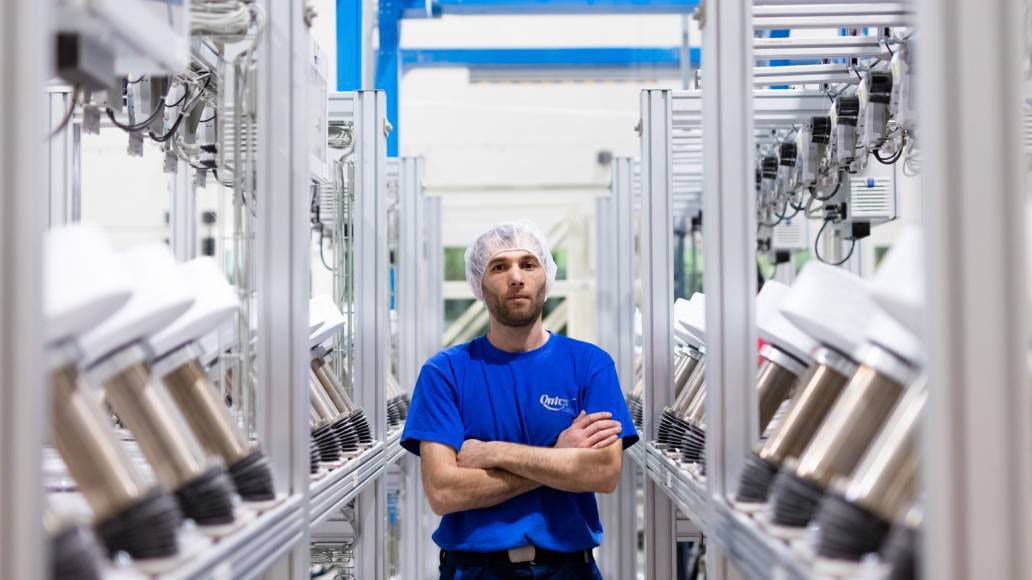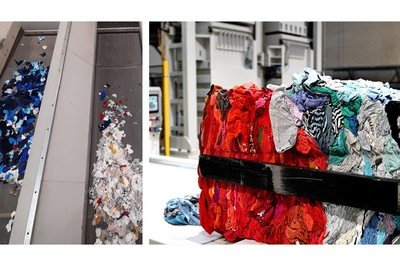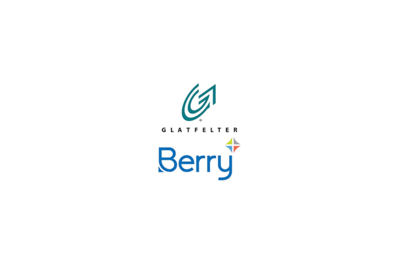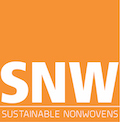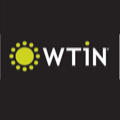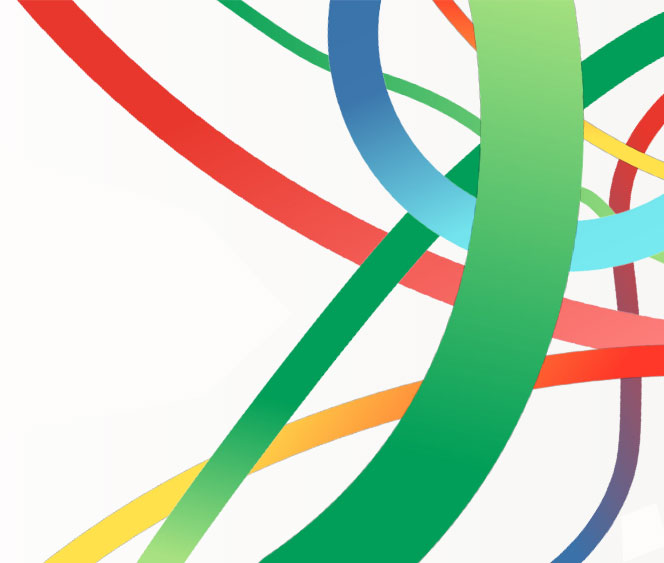
Many INDEX™20 exhibitors have been working at unprecedented speed since the start of the COVID-19 pandemic, with entirely new supply chains being established across Europe.
The global shortages of facemasks have hinged largely on the scarcity of certain grades of meltblown nonwovens that are currently alone in achieving the necessary FFP3 quality standard for filtration efficiency.
Decisions have been taken at governmental and EU levels which have elevated these nonwovens to critical equipment status, prompting action to establish self-reliance for their manufacture and supply within Europe.
Thanks to its experience and knowledge of the whole supply chain, EDANA has played a major match-making role in the whole EU and beyond, and in particular helped mask producers (often unexperienced start-ups) understand technological constraints and identify potential nonwoven suppliers, from meltblown to spunbond and alternative combinations of technologies . The association’s expert staff has also been in close contact with the European Commission and monitored the ramping-up of meltblown capacities and total mask production, with forecasts made until the end of 2020. A new EDANA Working Group has been set-up and is now in charge of actively helping to ensure a sustainable future for the whole EU Face Masks Supply Chain.
Germany
Germany’s response has been perhaps one of the most robust, with the German government putting the domestic manufacture of facemasks out to tender and guaranteeing prices for all that are produced until the end of 2021.
Around 50 German companies, including technology firms, raw materials suppliers, manufacturers and distributors, have secured a place on the government scheme to produce ten million specialised FFP3 masks and a further 40 million operating-room-standard masks per week from August 2020.
Germany also benefits from being the domestic market of the two largest European manufacturers of meltblown nonwoven manufacturing equipment – Reifenhäuser Reicofil and Oerlikon Nonwoven. Both of these companies introduced shortened delivery times and dedicated their own pilot lines to the production of emergency supplies around the clock. Reicofil’s two pilot lines in Troisdorf alone have a combined capacity for making enough fabric for one million facemasks a day.
New meltblown machines have also been supplied to domestic manufacturers, most notably Innovatec, the largest producer of meltblown fabrics in Europe, Mondi, Sandler and others.
Reicofil and Oerlikon will also benefit from a new subsidy regime put together by the German government, under which it will cover 30% of the cost of a meltblown production line, as long as the manufacturer pledges to sell exclusively into the German and European markets by the end of 2023.
France
In France, the government announced its Resilience project to provide assistance to a number of converting companies to deliver up to 200 million masks per month to the country.
Ahlstrom-Munksjö also acquired new equipment to produce the material equivalent to 100 million facemasks per month. The company has eight manufacturing plants in France.
In accordance with newly-implemented guidelines issued in France, Ahlstrom-Munksjö’s Reliance range of fabrics – typically used for the manufacturing of sterilization wraps for surgical instruments – has been declared compatible for this purpose, with Reliance SMS 200 and Reliance SMS 300 grades also meeting the FFP3 standard.
Italy
Ahlstrom-Munksjö has also expanded meltblown capacity at its plant in Turin, where it is now making enough material for a monthly 60 million facemasks.
Italy was the first European country to enter lockdown on March 9th and the need for 90 million masks per month became evident.
In response, the Italian government announced the €50 million ‘CurItalia’ Ordinance which initially received a strong response from the Italian fashion and apparel industries – from Gucci to Prada to Valentino, with textile companies also converting textile and garment machinery.
Nonwovens machine manufacturer Ramina, only unveiled its Leonardo 01 pilot line last December and by March it was in operation 24 hours a day, producing 60 tons of meltblown fabric per month – sufficient for 600 million facemasks. The company was assisted in this effort by spunbond supplier Texbond, of Roverto, and six more Leonardo 1 lines are now reported to be under construction.
Italy’s Special Commissioner has also ordered 25 high-speed facemask production lines for surgical masks from Fameccanica Data. The patented new lines benefit from the latest automation and robotic technologies and are said to achieve the highest production speeds for facemasks to date.
Belgium
At least 6 confirmed projects for local production of medical and protective masks have been initiated in the two main regions (Flanders and Wallonia), with some State subsidies and direct procurement and stockpiling schemes.
Belgian-headquartered hygienic disposables leader Ontex will commence the production of surgical facemasks by September 2020, with a capacity of around 80 million per year.
The masks will be produced on a line at the Ontex factory in Eeklo, Belgium. The company has ordered specialised machinery and is training staff to become certified for this production.
Austria
In Austria, cellulosic fibre manufacturer Lenzing AG and fashion and apparel firm Palmers Textil founded a new company called Hygiene Austria, which started producing facemasks in May at a former Palmers production site in Wiener Neudorf, near Vienna.The new company is building up its capacity to over 25 million facemasks per month.
However, following an influx of orders and recognition of the high demand for facemasks and other PPE in the UK, Hygiene Austria quickly opened up a second production facility at the Lenzing site in Grimsby, with the Wiener Neudorf set-up serving as a blueprint for an even faster and smoother production start. Production at this site began at the beginning of June this year.
UK
As the sole manufacturer of meltblown nonwovens in the UK, Don and Low quickly allocated all of its resources to support local manufacturers of facemasks, medical protective apparel and medical wipes.
At the beginning of May, the Scottish Government announced it would provide Don and Low with a £3.6 million repayable loan towards the £4.5 million purchase of a new meltblown line dedicated to the production of FFP3 standard filter media for facemasks and respirators. A second meltblown line has now been announced by Berry Plastic at one of its plants in the UK. It will supply material to a new PPE production facility being established in the UK by the Canadian-headquartered Medicom Group.
In addition, Honeywell will build a new production line at its site in Scotland to make 54 million facemasks per month.
The UK government has now pledged £15 billion for the procurement of personal protective equipment as it looks to avoid a repeat of the widespread shortages experienced at the start of the pandemic.
EU-wide response
All told, EDANA reports that the EU production of facemasks is set to increase twenty-fold by November this year compared to pre-crisis times. EU-based producers will be able to make the equivalent of 1.5 billion three-layer masks a month.
“These figures show how EDANA’s members in the nonwovens sector have responded in record time to the unprecedented challenge of the COVID-19 pandemic and the call by EU and national authorities to ramp up production of facemasks to protect public health,” says EDANA general manager Pierre Wiertz. “As soon as the European Commission and member states asked for an increase in the production of facemasks, EDANA’s members worked flat-out to increase the production of meltblown nonwovens to overcome global supply shortages.”

